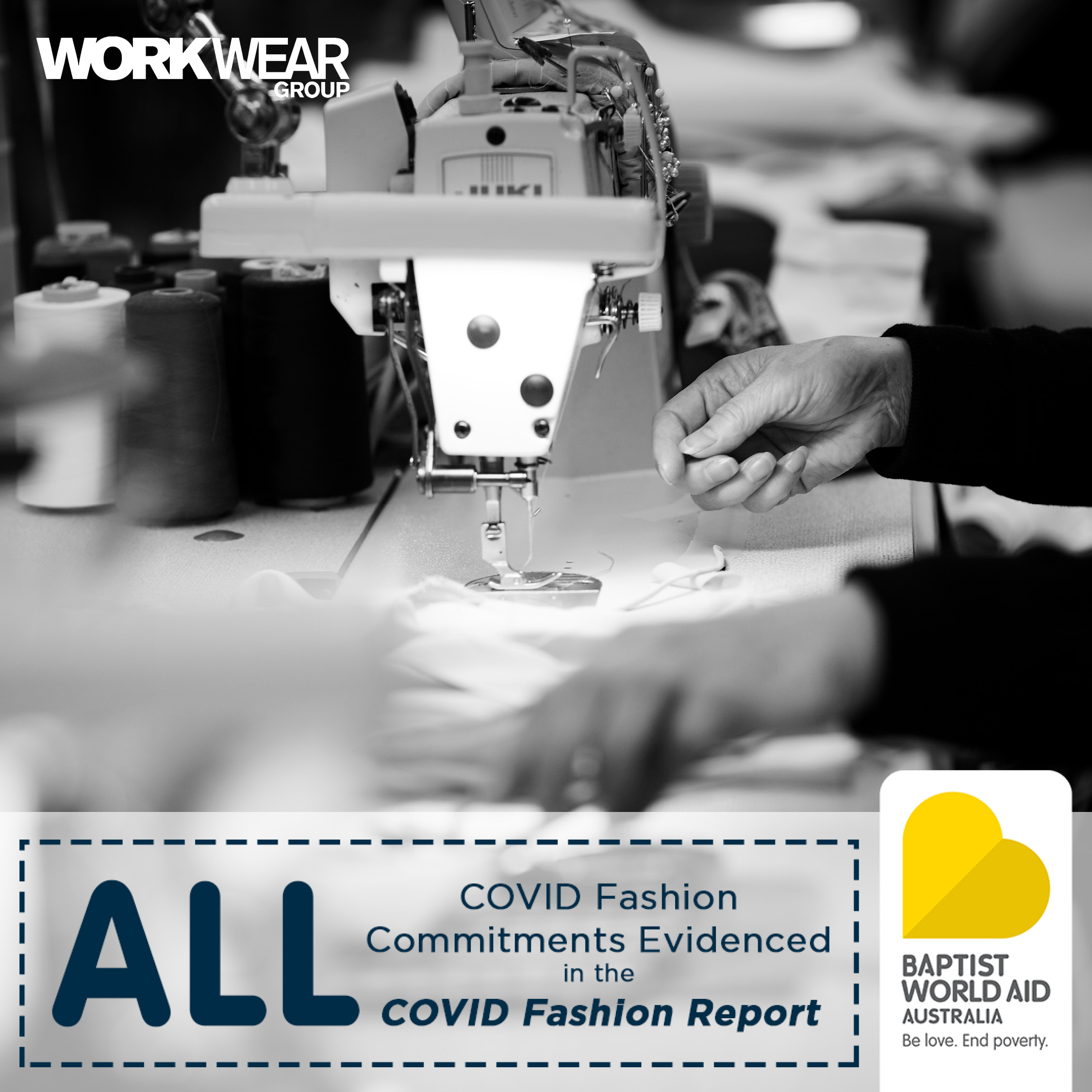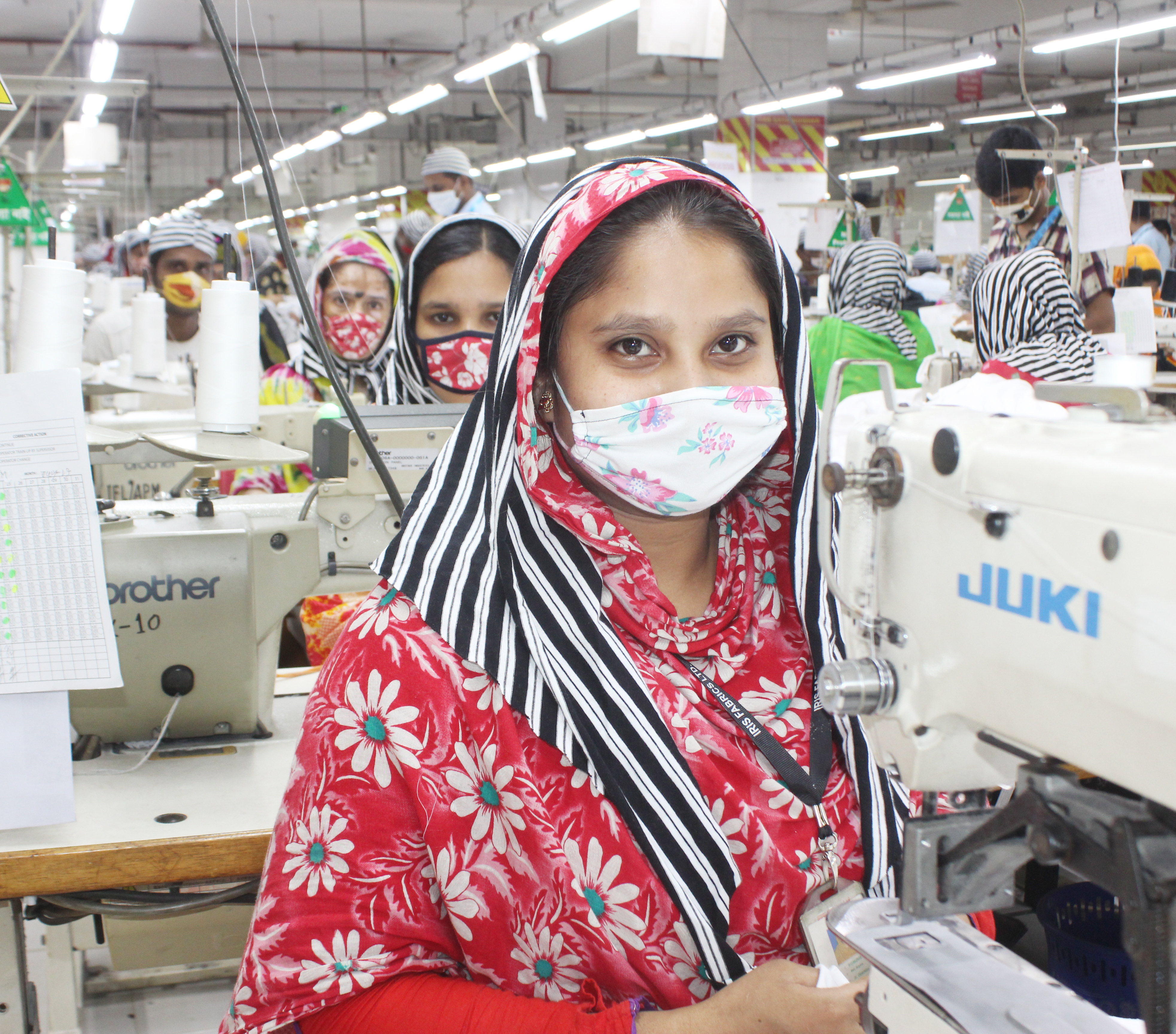Ethical sourcing policies and grievance mechanisms
The Wesfarmers Ethical Sourcing and Modern Slavery Policy sets minimum standards expected of our suppliers regarding freedom of association, grievance mechanisms and recourse. Wesfarmers provides company-based grievance mechanisms to identify and escalate issues pursuant to our Whistleblower Policy. Whistleblower reports are reported to the protected disclosure officers across the Group and the divisions are responsible for undertaking the appropriate remediation and actions to resolve the issue. Wesfarmers continues to build human rights awareness and knowledge among team members, encouraging them to voice their concerns without fear of retribution and with full confidentiality. Our policies stipulate representatives should not be discriminated against and should have regular access to company management or appropriate processes in order to address grievances and other issues. Suppliers are expected to have a policy in place for workers to approach management on issues of concern, on their own or through worker representatives, confidentially.
Some examples of remedy and grievance mechanisms over the past year included:
- Officeworks worked with suppliers to strengthen internal grievance channels. Based on feedback from worker surveys, it was found Officeworks’ own-brand factory workers preferred to raise grievances through their supervisor rather than an external hotline. E-learning modules have been deployed to supervisors at two Officeworks own-brand factories as a trial, with plans for further roll out in the 2022 financial year.
- Bunnings continued expanding the Speak Up grievance mechanism to cover more than 20,000 workers at 119 supplier factories in China. Speak Up is an anonymous service managed by a third party and can be accessed by factory workers through multiple channels, which are available in English and Mandarin.
- As part of their audit programs, Blackwoods and Workwear Group continued conducting worker interviews as an additional layer of support provided to employees and workers within their supply chains to raise concerns anonymously.
- Kmart Group boosted supplier communications regarding its factory worker grievance mechanism. The mechanism is publicised to factory workers via posters in local languages, that all own-brand retail merchandise suppliers are required to display in their factories.
GRI 102-9, GRI 102-10, GRI 102-15, GRI 102-16, GRI 103-1, GRI 103-2, GRI 103-3, GRI 407-1, GRI 408-1, GRI 409-1, GRI 412-1, GRI 412-2, GRI 414-2


.jpg?sfvrsn=4ab613bb_1)